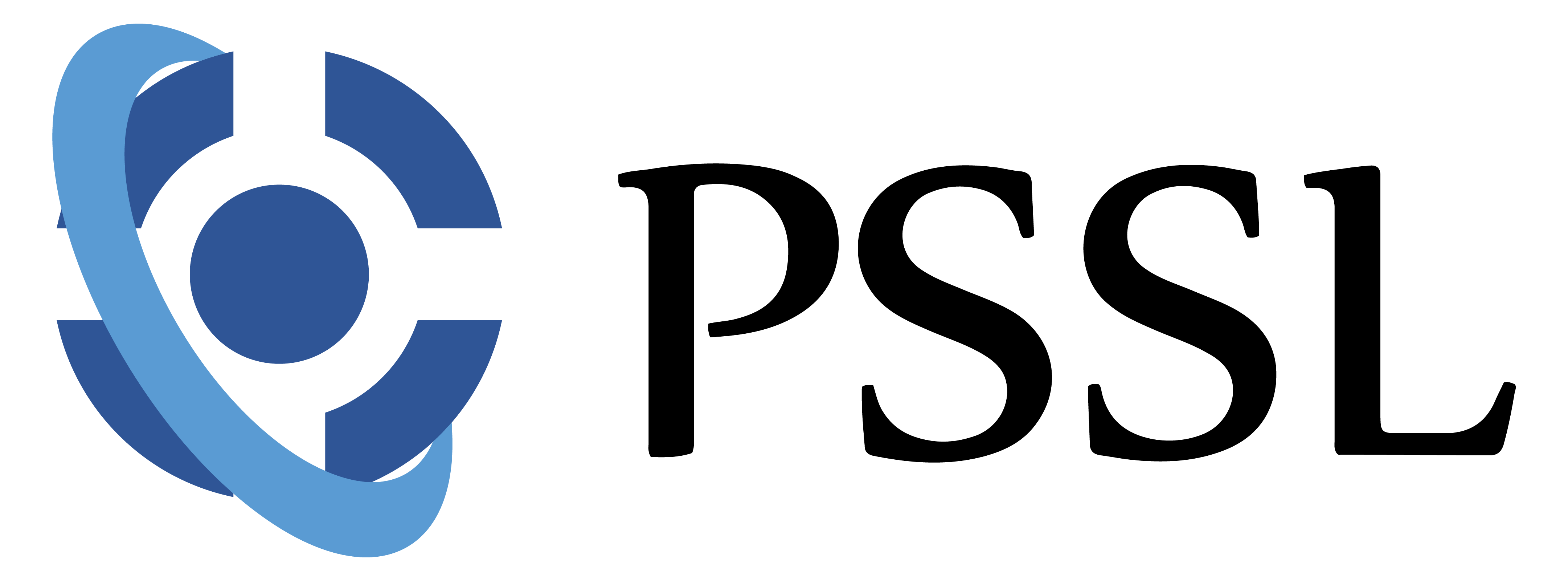Share
UF awarded NASA contract to build space exploration device
NASA has awarded the Laser Interferometer Space Antenna (LISA) Charge Management Device (CMD) contract to the University of Florida, Gainesville. The total value of this cost-no-fee contract is $12,582,356.00. The period of performance is from Jan 1, 2021 through July 31, 2025. The work under this contract will be performed at the University of Florida.

LISA Charge Management Device TRL-5 version (component validation in a relevant environment), with individual modules shown.
credit
UF/B.Letson
Under this contract the contractor will design, fabricate, integrate, test, verify and deliver the breadboard, the Engineering Development Unit, and Engineering Test Unit CMD and the Fiber Optic Harness. The CMD is part of LISA, a state-of-the-art space-based gravitational wave telescope to address key questions in astrophysics and is a part of the (ESA) European Space Agency’s Cosmic Visions Program.
LISA is an international project led by ESA as a space-borne gravitational wave observatory. NASA has partnered with ESA on this space mission to provide key enabling technologies. LISA is planned to consist of three spacecraft that are separated by 1.5 million miles (2.5 million kilometers) in an Earth-trailing orbit. These three spacecraft relay laser beams back and forth between different spacecraft and the signals are combined to search for gravitational wave signatures that come from distortions of space-time. The study of the universe through gravitational waves will yield a revolutionary perspective on the universe, which has been intensely studied using electromagnetic waves in many wavelength bands.
The Charge Management Device is a critical payload sub-system that uses ultraviolet light to control the electric charge on the free-falling test masses housed in each LISA spacecraft. These test masses act as the end-mirrors for the laser beams and must be isolated from all unwanted forces. The CMD prevents electric charge build-up on the test masses that would otherwise create noise that would prevent the observation of gravitational waves.
Among NASA’s contributions to the LISA mission, the CMD is the only one provided by a U.S. academic institution. The CMD team at the University of Florida (UF) is led by Principal Investigator, John W. Conklin, Ph.D. in the department of mechanical and aerospace engineering (MAE) and Program Manager, Peter Wass, Ph.D., also MAE at UF’s Herbert Wertheim College of Engineering.
This team will work with Fibertek, Inc. in Herndon, VA, and other industrial partners to complete two design-build-test phases of the CMD. Advanced prototypes of the spacecraft hardware will be delivered to NASA and then to Italy, where they will integrated with other elements of the LISA payload and then tested to demonstrate their ability to control the electric charge on the LISA test masses.
Dr. Conklin’s research team will provide both the hardware for major scientific exploration as well as important education experience for UF students in a ground-breaking space flight mission, thus positioning them as future leaders in advanced aerospace engineering.
